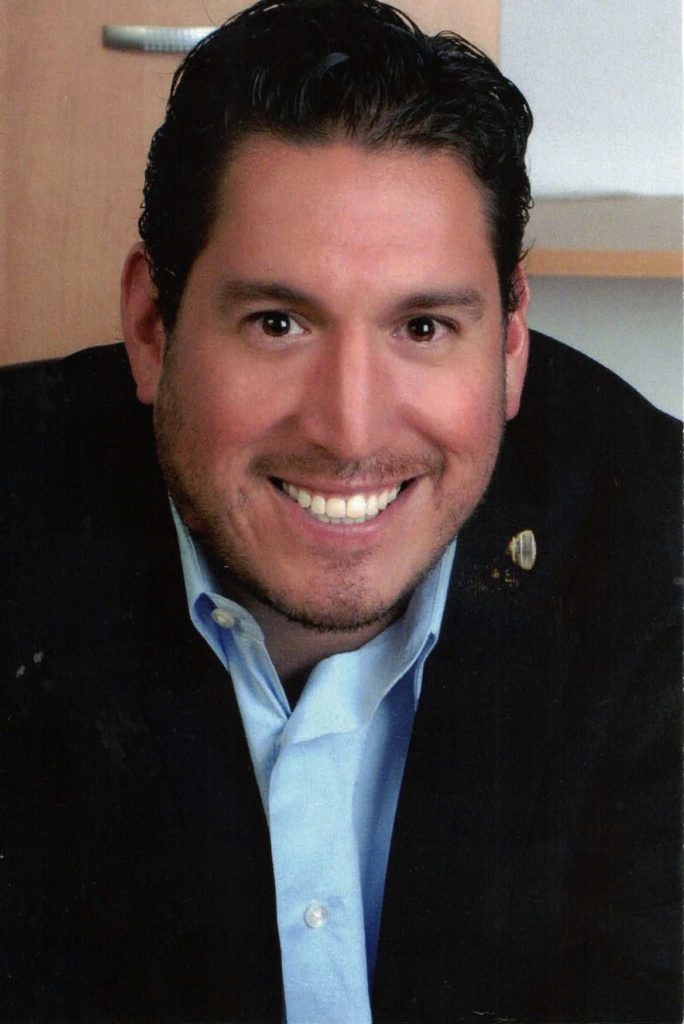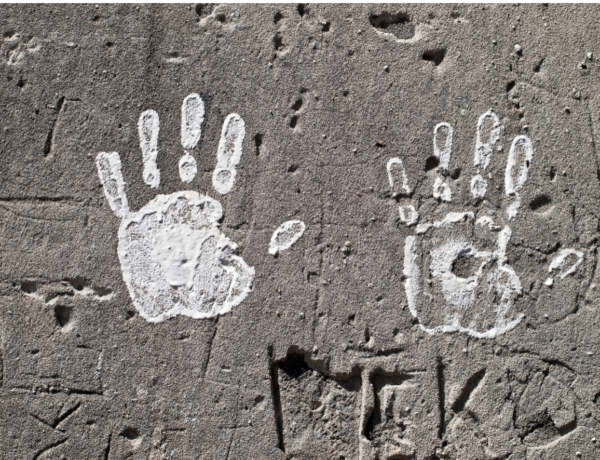“Look for a long time at what pleases you, and longer still at what pains you.”
– French Author Colette
“Pain reaches the heart with electrical speed, but truth moves to the heart as slowly as a glacier.”
– Barbara Kingsolver
About 10 years ago my life began to crumble around me. I was living – Spoiler Alert: Was – the high life. I was in my early-thirties, fit, well-off, driving a Porsche 911, with a steady stream of Tinder dates. (Translation: Douchebag) And yet, night after night, I would seek solace at the bottom of bottles and in the arms of random women.
I tried AA and Sex Addicts Anonymous – they didn’t take. I made an appointment to see a therapist – nope. The idea that I, who on the surface had the dream life, was somehow falling apart on the inside was more than I was willing to accept. I was fine. Better than fine. I feared (and by “feared” I mean an emotion closer to denial) someone telling me otherwise, more than I feared the darkness that was growing in the shadows.
If I had not gotten arrested, I am pretty sure, I would have never sought professional help. It was ugly. My poor celly, a young buck from the Southside of Chicago doing ten days for a Drunk and Disorderly, found me half-naked clutching the toilet in our cell. There were various bottles of pills scattered and a make-shift shiv in my hand. I had what would later be explained to me as a “mental episode” where I tried to end my life. I had bought pills and a sharp blade off the inmate black market. I took all the pills but could not summon the courage (courage?) to cut at the critical moment. Instead, I leapt off my bunk, dove towards the toilet and jammed four fingers as far down my gullet as I could. I deserved to die, of that I was certain, but my family deserved better than the coward’s solution.
Life sucked for a couple of days as I detoxed. Much to my surprise, I lived. At that point, it became clear, I was at a crossroads. I could either get help or finish what I had started.
What seems impossible for me to believe today is that even then, when I had clearly hit rock bottom, I was still hesitant to seek help. I did not want to hear that something was wrong with me. I think a part of me was scared to crack open the files because then I had to reckon with the pain I had caused. I feared others would judge me and think me weak (a real concern in the concrete jungle where apex predators are constantly hunting for easy prey). But because I had people that loved me and I them, I finally caved. For them, I reasoned, not me. I was already cooked – waiting to be sentenced anywhere from six to fifteen years in some grey human warehouse – but they didn’t deserve the additional pain, shame, and stigma. There was also a sliver of hope I kept hidden in a secret chamber of my heart that believed I could become well enough to be of value – that was enough to drive me.
I always thought of shrinks as professional listeners offering old wines in new bottles. At first, Dr. Jane seemed like more of the same. She asked the required questions (important questions, such as “Do you want to hurt yourself?”). She asked about my childhood and where I grew up. I told her Chicago by which I mean nowhere near Chicago but closer to Chicago than to anywhere else she would know. It was all so mechanical I almost didn’t return. Almost. Then, a pivot. Cut to me rambling on and on.
She never interrupted me or winced at some of the things I said (which no one could have blamed her for, there was some nasty stuff in the wrinkles of my mind). She kept her steely gaze, nodded her head, and simply urged me to continue. So, I did. Six months later, it is a cliché, but there is no better way to explain it: A weight had been lifted. I felt physically lighter.
Once, towards the end of a particularly heavy session, I asked, Hey Doc, so what’s the verdict? How messed up am I? Not surprisingly, she told me.
See, Dr Jane was honest about everything, which should not be confused with being thoughtful about everything. Her face wore an expression full of those mixed-up emotions that only normal people must feel when she suggested I probably have borderline personality disorder (BPD), early OCD, sociopathic tendencies, and, oh yeah, probably a learning disability. In other words, messed up AF. She said, and I remember this part clearly, trauma lived on the edges of my whole life. You might think I would have been upset to find out I probably needed a team of Swedish psychiatrists working on me 24/7, but I wasn’t — I was relieved. It explained so much: my addictions, suicidal ideation, uncontrollable rage; impulsive, reckless behavior; and my black-and-white thinking. This diagnosis would eventually help me let go of the image of who I thought I was. This was by no means an attempt to shift the blame for the horrible things I had done or justify having hurt others. I am responsible for that. I own that. 100%. But now, I knew why. That’s the good news.
The bad news? There is no cure for BPD. No stop-being-a-raging-dickhead pill. Basically, my brain is hardwired to believe its own craziness (crazy is my word, much to my therapist’s dismay). My mental health problems will always stay with me like an open wound that refuses to heal.
Therapy wasn’t enough to save my relationship with my daughter or help me avoid prison. A therapist cannot transport me into the past to save others from myself or into the future to alleviate their suffering. But it can let me be grateful for where I am today. To know myself a little better, warts and all. Warts especially. For the better part of my adult life, I had lived like an astronaut floating in space tethered to his ship by a wobbly lifeline. I was living apart – holding on by a safety line. Now I am back in the ship and heading back towards Earth. Most days are good. Some aren’t. But I am kinder to myself and others on the tough days. And the best part? I know I am not a finished product. My path still has many peaks and valleys ahead (God willing), but I know that because I chose the path to get and accept help, I am up for the challenge and excited to see where it leads me.
Note to reader:
The many reasons I ended up in prison are too personal and sad to share here. Much of it has to do with my demons, addictions, and mental health history, but a good portion of trouble is related to inexcusable actions. I don’t think it is necessary or appropriate for me to discuss those issues here out of respect to my victim, their family or my own. Nor would I ask anyone to believe that I am capable of reporting an unbiased version of the story and, therefore, the chronicle of my imprisonment will remain untold here.




No Comments